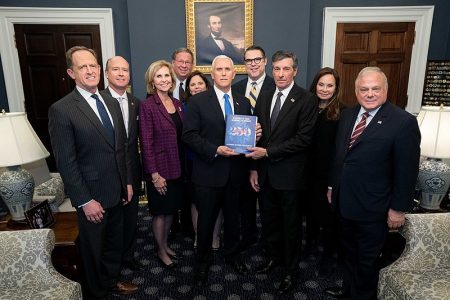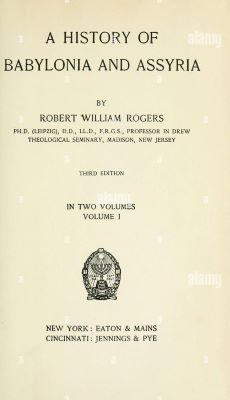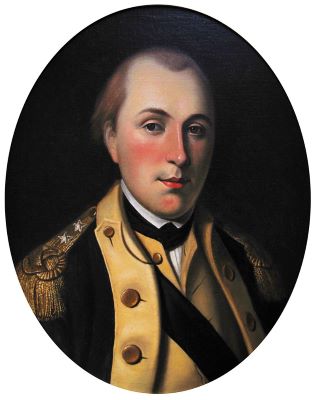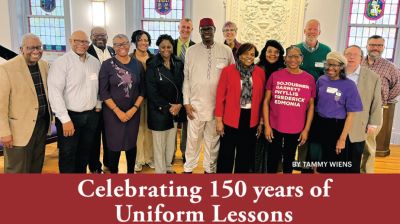
In my last blog, I began to explore the current situation regarding the American Revolution 250th. I laid out certain parameters and begin to write about them one-by-one. The response was pretty good as I think the history community wants to know what is going on with the 250th.
However, my proposed sequence has been upset by an expose on the fighting at the national level about the event. The article will be published in Philadelphia Magazine in the July issue as “The Battle for America’s Birthday.” I was sent a web link to the online version posted on the magazine’s website June 27, 2022, with the title “The Ugly Philly Centric Feud at the Center of America’s 250th Birthday Celebration” by David Murrell. The article was a shock which is why I am sharing it with the history community
BACKGROUND
Readers of my blogs generally are aware that Congress established a national commission in 2016 called the United States Semiquincentennial Commission. Since that time, the Commission has operated generally below the radar. Few people have had much contact with it or know what it has been doing.
So far the primary consideration for history organizations has been that it will be the dispenser of funding through the conduit of state organizations. This is partially why the American Association for State and Local History (AASLH) has been so adamant about tracking and promoting the creation of state commissions throughout the country. Besides being a good idea anyway, they will be essential for federal funding at the state and local level.
Two national concerns have been expressed by me and others in relation to this approach.
First, the Commission has an expiration date following the July 4, 2026, celebration. For many states, such as in New York, the 250th anniversaries of events in our states will just be beginning then. For example New Yorkers only toppled the statue of King George III after the Declaration was read in what is now lower Manhattan. The British then occupied the city for seven years until Evacuation Day on November 25, 1783. In other words, the Commission concludes just when the story is accelerating.
Second, many American Revolution events are not bound by state boundaries today. Think of Rochambeau’s March from Rhode Island to Virginia involving nine states and opportunities to work with France today. Note – a sixth generation descendant of Rochambeau already has visited the Odell House in Westchester County where I live, the site where the decision was made to march south instead of trying to evict the British from New York City. The state-based approach is not geared to multi-state events.
In short there were a lot of questions about the operation of the Commission even before this article appeared.
THE PHILADELPHIA ANNIVERSARIES
In 2011, Andrew Hohns founded USA250. It was and is a non-profit dedicated simultaneously to a nationwide celebration of the 250th and that it be based in Philadelphia, his city. He envisioned not simply a party but a massive investment worthy of a summer Olympics. Instead of sports venues, the funding would be directed towards infrastructure improvements and historical preservation with longterm benefits. He estimated a minimal budget of $2.5 billion but would have preferred $20.26 billion. Clearly he thinks big!
Philadelphia certainly seems to be a worthy choice for an historic anniversary celebration. It is where the Declaration of Independence was written, approved, and declared. It has buildings and a bell from that time. It hosted the Centennial in 1876, the Sesquicentennial in 1926, and the Bicentennial in 1976 which some of the readers of this blog may have attended. The Centennial cost $300 million in current dollars and had an attendance of 10 million people equal to 25% of the population of the country. Imagine 80 million people pouring into Philadelphia today! How would they travel to the city and around the city? Where would they stay? What would they see?
It is reasonable to understand why a local Philadelphian would dream big about 2026, but that is not the same as operating a national history commission today.
SEARCHING FOR A COMMISSION PARTNER
In 2014, the USA250 had a fulltime executive director. It had provisional funding commitments from major corporations like Walmart and Johnson & Johnson. As a private non-profit, it seemed on its way to bigger and better things. So when the Commission began in 2018 to search for the official non-profit partner, Hohns expected his entity would be the chosen one.
Wrong. Instead the Commission chose the American Battlefield Trust. I get their emails. It does just what its name suggests – it seeks to acquire, restore, and maintain battlefields. Traditionally these battlefields are from the Civil War. There is nothing in its history that would suggest it is the right organization to steer the celebration of the 250th either in Philadelphia or nationally. Apparently, the organization soon realized it and bowed out. This led to the creation of the American250 Foundation and it and not the USA250 remains the partner as of today.
THE PHILADELPHIA STORY
The article details the members of the voluntary Commission. The appointees tended to be white males as one might expect even in the Obama era. They also tended to be from Pennsylvania. Then in 2019, the aforementioned America250 Foundation was created as a non-profit tasked with running the day-to-day planning for the 250th. According to the article the story of the American250 Foundation is not a pretty one. This foundation operates without effective supervision, no one is in charge, has contentious on-line meetings where the mute button is used prominently, awards non-competitive contracts to “consultant” friends, to say nothing of a sexist and toxic work environment. And this was only with the first $20 million of federal funding. Naturally, there have been lawsuits.
In 2021, Anna Laymon who had been executive director of the federal commission of the women’s suffrage centennial, took the position of Vice President of programming and planning. She had heard that the American250 Foundation “had a reputation for being a total disaster” as quoted in the article. She soon learn the warnings were justified as detailed in the article as well.
According to Commissioner Noah Griffin who had been appointed by House Speaker Nancy Peolosi, “The whole thing has basically been a sham.”
Rene Burchard who was hired in April 2020 as the chief administrative officer without there being a coherent organization to administer, said absent leadership changes at the Federal Commission, “I do not see any way that this is going to be what the vision was in the beginning.”
Later in 2021, Joe Daniels who had been the CEO of the 9/11 Memorial in New York City (and on my NYC distribution list), became CEO.
According to the article Hohns worries that the Semiquincentennial risks being still born years before it’s even set to begin. That comment signifies a lack of concern for the events prior to July 4, 1776, as well as afterwards. I guess the Boston Tea Party and Lexington and Concord are not part of Hohns thinking either. There is no sense of addressing what the national narrative should be for the 21st century. There is no sense that what increasingly is understood as America’s first civil war is relevant today as we fight the third one. Who knows if there even will be a united United States of America with the current 50 states on July 4, 2026, anyway?
My suggestion that Joe Biden name George Bush and Barack Obama as co-chairs of the federal commission seems better and better. For now, local and state organizations should think about Plan B. Nationally, it seems like we are on the Titanic with the iceberg dead ahead in broad daylight and we are aimed at it.






https://friendlysons.com/a-look-back-in-history-brigadier-general-stephen-moylan/
This is my fabulously famous fiercely patriotic fourth great grandfather. What is stunning to me is how long it took to figure out all of his accomplishments and how little we heard about it in the eighth grade. My grandparents were the family Philipse and they owned all of the Hudson valley. It was 52,000 acres by the time they got to my cousins. They were loyalists. In fact my one cousin with Mary George Washington thank god because he wouldn’t become a loyalist and have no money as a fabulous Pedigree Benjamin Franklin Commodore Barry Thomas Fitz Simmons. My grandfather founded Princeton; my mother’s grandfather was a third patroon of Staten Island. It would be fabulously wonderful to receive some of grant or scholarship to study and to speak about my amazing family and how important they were to this country being free and how divided they really were. You had to pick a side. It was no wishy-washy in between stuff back then
Sounds like to you need to find a grad student in search of a dissertation topic to tell that story.